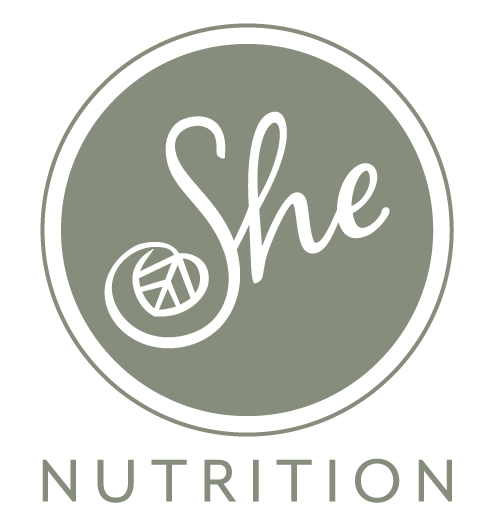Feeling a bit more cushiony, especially around the waist?
Many of the women I work with, typically in their late 30s to mid 40s and nearing menopause, often express their primary concern as weight gain.
As we grow older, our bodies naturally lose muscle & bone density and there’s a decrease in metabolic rate, which means we burn fewer calories. This, combined with our increasingly sedentary lifestyles (the average Canadian spends over 8 hours a day sitting) and a preference for convenient processed foods, sets the stage for weight gain.
The hormonal changes that come with menopause make things even more complicated. Estrogen and progesterone, the main female hormones, start acting up in the 3-10 years leading to menopause. These fluctuations affect our bodies in various ways: we may struggle to digest simple carbohydrates, experience sleep problems, go through emotional ups and downs, and notice a decrease in strength with some extra padding around the waist.
My advice to any woman going through this phase: Keep up with your regular check-ups with your doctor. Keep track of your menstrual cycles and symptoms, and don't be shy about asking questions and exploring your options. Your doctor will likely recommend a healthier diet and regular exercise as your first line of defense. But what does "eating healthier" really mean, and where can you find the right information? Google might not have all the answers.
Here are some key strategies that have helped me. I hope you find them helpful.
Build Muscle: Despite the physiological challenges, it's possible to build muscle. Strength training is helpful, especially when you fuel properly around your workouts. Do not cut calories around workouts, as it impairs your ability to recover. A step that is needed to create more muscle. And guard your sleep! That is the ultimate recovery tool.
Gut Health: Boost your fiber intake by eating whole grains, vegetables, and fruits. This supports a healthy balance of beneficial gut bacteria, which is good for both your physical and mental health.
Manage Stress: Find effective ways to deal with stress. Occasional spa days are nice but not enough. You need strategies to shift your nervous system from a 'fight or flight' state to a 'rest and digest' state. Activities like journaling, spending time outdoors, breathing exercises and regular exercise can be very helpful.
Building real, in-person connections with people, rather than just online interactions, can provide great support.
In a nutshell, making sensible adjustments to your diet (without falling for fad diets or eliminating carbs) and your exercise routine can significantly reduce perimenopause symptoms, help you maintain a healthy weight, and keep your muscles and bones strong. Ultimately, this will improve your overall quality of life during this stage.
It's important to note that not all women will experience perimenopause and postmenopause the same way. Consult with your healthcare provider to help you navigate this stage of life and discuss options for managing any discomfort or health concerns.

